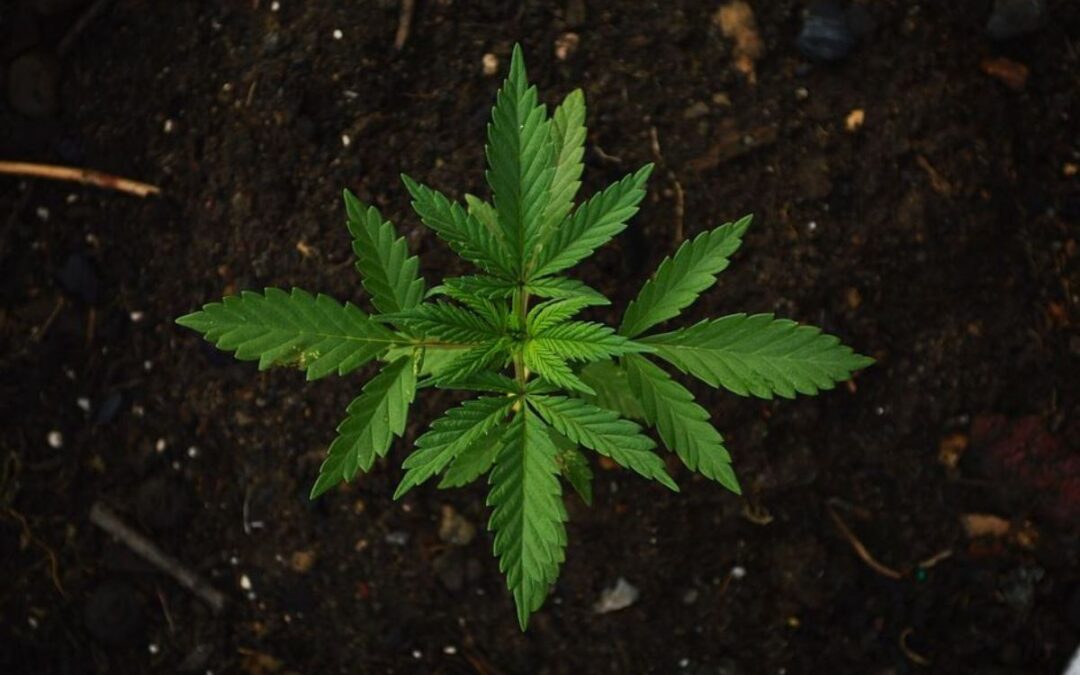In the absence of any strict cannabis regulation, the answer to this question is not so clear.
In principle, only the Spanish Agency for Medicines and Health Products (AEMPS) can grant legal licences for cannabis cultivation in Spain. This prerogative is described in an old law. Law 17/1967 updating the existing rules on narcotic drugs and bringing them into line with the 1961 United Nations Convention. This law establishes the State as the only body with the right to intervene in all matters relating to substances categorised as narcotics.
So far, very few cultivation licences have been granted. Specifically, DJT Plants Spain and Alcaliber have been authorised to cultivate cannabis with a THC content (the plant’s main psychoactive component) of more than 0.2% for therapeutic purposes. The cannabis-derived products obtained: extracts, dyes, active principles, etc., would be destined both for export and for the manufacture of medicines by entities authorised by the AEMPS.
In addition, permission has been granted to Phytoplant, the Polytechnic University of Valencia, CIJA Preservation S.L. and DJT Plants Spain to cultivate cannabis with THC content > 0.2% for research purposes. Approved entities must keep a ledger of the cultivation, the products obtained and their destruction.
On the other hand, throughout the EU, professional growers are allowed to cultivate cannabis from EU-certified seeds with a THC content<0.2% for industrial use of the products obtained, i.e., only for the production of fibres and seeds. Agricultural companies can freely sow these seeds without any other requirement than to register the crop in the corresponding registry in each autonomous community.
What the law says about cannabis cultivation in Spain
As we said at the beginning of this article, there is no specific law for cannabis cultivation to refer to. We therefore need to stick to what has already been said and conclude that the law does not allow the free cultivation of cannabis outside the cases authorised by the AEMPS.
In addition, Article 368 of the Penal Code punishes the cultivation, processing and trafficking of drugs: “Those who perform acts of cultivating, processing or trafficking, or otherwise promote, favour or facilitate the illegal consumption of toxic drugs, narcotics or psychotropic substances, or possess them for those purposes, shall be punished with a prison sentence of three to six years and a fine of three times the value of the drug subject to the offence if it they are substances or products that cause serious damage to health, and a prison sentence of one to three years and a fine of three times the value of the drug in other cases. Notwithstanding the preceding paragraph, the courts may impose a sentence that is lesser in degree than those indicated, taking into account the minor nature of the offence and the personal circumstances of the offender.”
It should be noted that the article distinguishes between drugs that cause serious damage to health and all other cases, which undoubtedly include cannabis; the penalty should be the less punitive of the two possible penalties. Also, the above article specifies that the punishable conducts are cultivation, processing and trafficking, and individual and isolated consumption of drugs is not punishable. Cultivating, processing or trafficking drugs, narcotics and psychotropic substances may not be criminally relevant if the quantities seized are small.
Article 368, on the other hand, is confined to Chapter III, Title XV: Offences against public health. This is remarkable, as it alludes to offences against third parties, reinforcing the idea that self-cultivation for individual consumption is not punishable if it cannot be linked to harm to any other person.
Within this context the famous concept of a legal loophole appears, where consumption does not constitute a crime and where cultivation is not punishable if the crop is grown to one’s own detriment without compromising public health. Under these premises, the more than 300,000 medical cannabis users, and any person in general, could cultivate and consume cannabis in an individual and private context without the intention of trafficking, promoting, favouring or facilitating consumption to the detriment of third parties.
Similarly, and taking into account that only cannabis plants with a THC content of >0.2 are considered a narcotic, all those with a lower content will not be considered as such. Persons who recklessly cultivate this type of seed would be guilty of some kind of offence for not declaring the cultivation or not being professional farmers or not using the product for industrial purposes, but they could never be guilty of the offence under Article 368 of the Penal Code.
